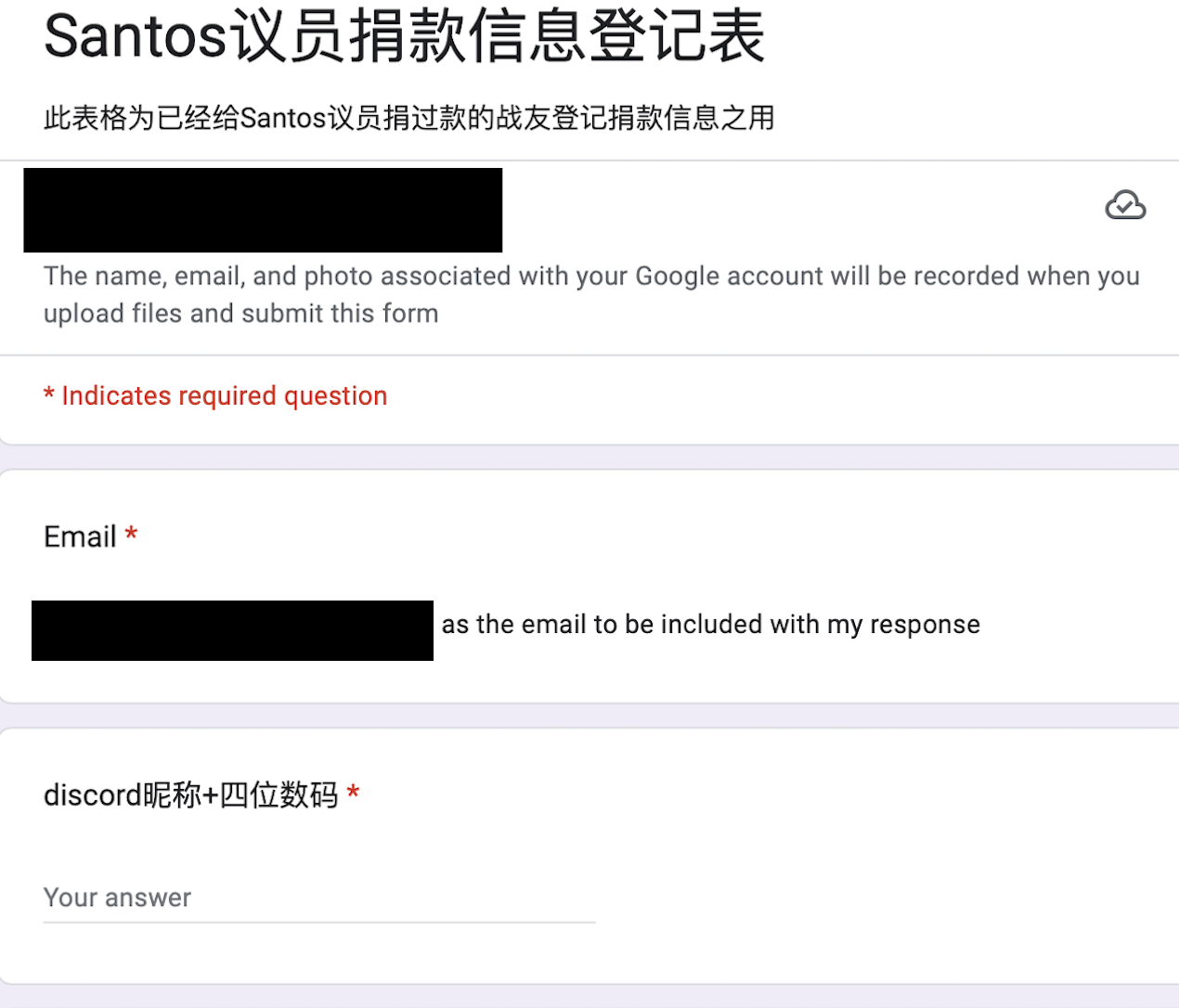
Mother Jones; Francis Chung/Politico/AP
When George Santos, the indicted but still-in-office Republican congressman from Queens, New York, recently filed the campaign finance report for his reelection effort, there was something unusual about it: Of about 50 total contributors, the document listed about three dozen contributors spread across the country who mostly have Chinese names and who had each maxed out to Santos by donating $3,300, the legal maximum for the primary election. Together, this group pumped roughly $130,000 into Santos’ political bank account. This was hardly a coincidence. This band of financial backers appear to include supporters of Miles Guo, the exiled Chinese billionaire and Steve Bannon associate who was arrested in March for allegedly running a $1 billion fraud scheme.
This roster of donors represents almost all of the money Santos pulled in in the second quarter of this year.
One of these maxed-out contributors is Rona Starks (also known as Rong Liang Starks), who lives in Sugar Land, Texas. According to an associate of Starks, she has been a big fan of Guo and his crusade against the Chinese government, and that prompted her to write a check for $3,300 to Santos, who has stridently defended Guo. She declined to speak to Mother Jones. Xuehong Zhang, another Santos donor who sent him $3,300 and who is a masseuse in Plano, Texas, told the New York Times, “I see him want to take down CCP [the Chinese Communist Party]. I just want to take down CCP.”
Guo, who fled China in 2014 to avoid fraud charges there, has branded himself a foe of the Chinese Communist Party, and he has amassed a loyal following of supporters in the Chinese diaspora in the United States and abroad. In March, the Justice Department charged Guo with deploying a series of fraudulent business schemes to fleece his fans out of more than $1 billion. Federal prosecutors alleged Guo used investors’ funds to pay for mansions and fancy cars, $36,000 mattresses, and a $27 million yacht. He has been indicted for wire fraud, securities fraud, bank fraud, and money laundering. Guo claims the feds are after him at the behest of the Chinese government to silence him.
Santos, a politician with few allies, has played to Guo’s crowd.
On May 5, he showed up at a $26.5 million mansion in Mahwah, New Jersey, which the Justice Department has alleged Guo purchased with funds from his billion-dollar scam. Santos was there to take part in a live-stream interview conducted by two top Guo aides that aired on Gettr, a right-leaning social media application over which Guo has exercised control.
During the interview, Santos pledged to fight to ensure that “Miles Guo is free and given an opportunity to a trial.” Guo has been imprisoned without bail since his March 15 arrest. Santos tacitly backed Guo supporters’ conspiratorial contention that the Justice Department is targeting Guo to kowtow to the Chinese Communist Party.
It was two weeks after Santos appeared on the pro-Guo livestream that these large contributions started to pour into Santos’ campaign. A source who was previously a Guo supporter shared with Mother Jones a Google document that was set up for Guo backers so they could register their donations to Santos. The top of the document read in Chinese, “This form is for comrades who have donated to Santos to register their donation information.”

For several years, Guo has overseen chapters around the world, organized mostly on Discord, the social media application, that are akin to fan clubs. Guo has used these groups, which he calls “farms,” to raise money for nonprofits he controls and to drum up investments for business ventures he launched. That includes several schemes that the Justice Department allege were fraudulent. The form for Santos donors asked them to include their name, the “farm” with which they are affiliated, and the amount they donated. The document asks for an image showing proof of a donation.
On Santos’ campaign finance report, several of the contributions on this list are attributed to college students. Past investigations of Santos’ campaign finances—including those conducted by Mother Jones—have uncovered contributors whose identities could not be confirmed and donors who said they did not make contributions to Santos.
After receiving these contributions, Santos went beyond legitimizing Guo’s claims on the livestream. He delivered a speech on the House floor in which he exclaimed, “The charges against Miles Guo are simply part of an organizing campaign of political persecution brought against him by the CCP.” He then introduced a bill he called the “Guo Act,” which is premised on the unsubstantiated notion that China is corruptly influencing US courts to advance its interests. The bill would require federal judges and senior federal prosecutors to submit financial disclosures supposedly aimed at assessing whether they have received payments by foreign governments. The bill is not going anywhere.
Santos raised more than $133,000 between March and June of this year. His current fundraising numbers—although not particularly impressive when compared to un-indicted congressional candidates—have improved since the first quarter of 2023, when his campaign reported refunding more money than it received. The campaign used most of the recent donations to pay Santos $85,000 to cover one of the personal loans Santos had made to his 2022 campaign. That means that money that seems to have come from these contributors ended up in Santos’ own pocket.
Santos’ office did not respond to a request for comment.
Santos still has not repaid $530,000 of personal loans, according to the filing. The source of the money for these loans remain unexplained. According to the recent filings, Santos’ campaign spent effectively nothing on activities that would help him get reelected. The largest campaign expense aside from the loan repayment was $3,500 for compliance consulting.
Santos was indicted in May on 13 counts of wire fraud, money laundering, theft of public funds and making false statements to the House of Representatives. He has pleaded not guilty.



















